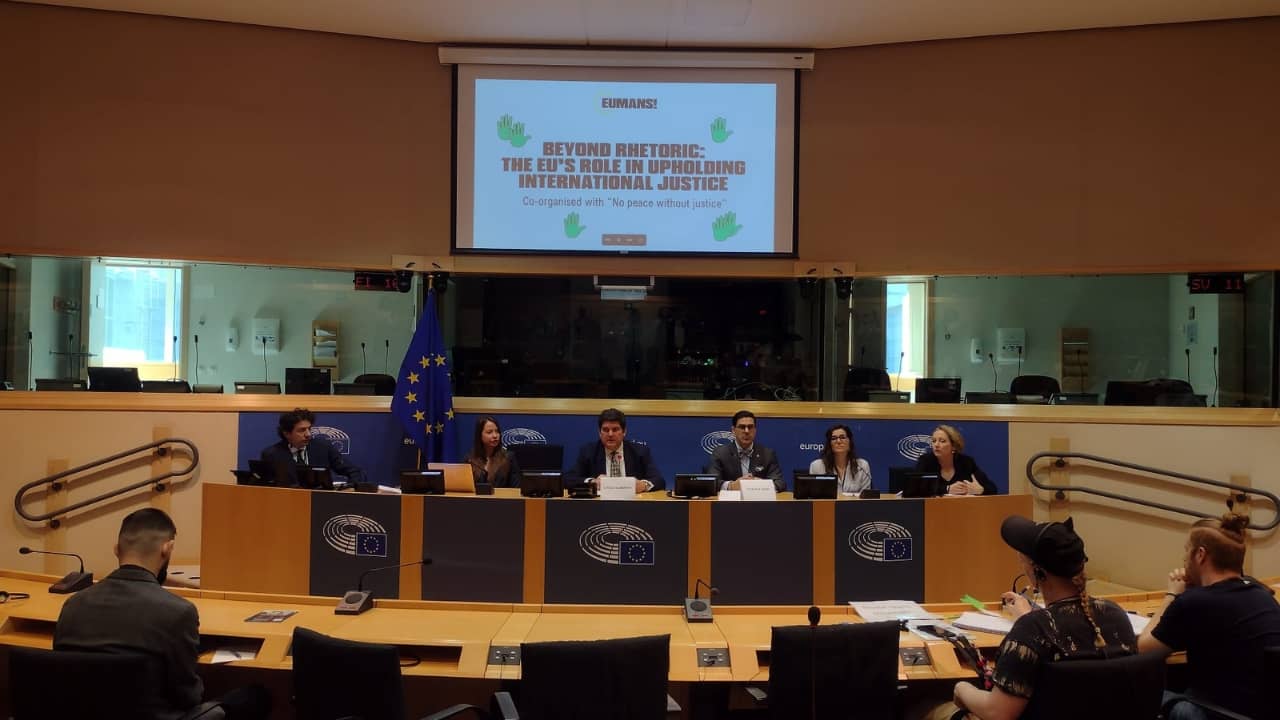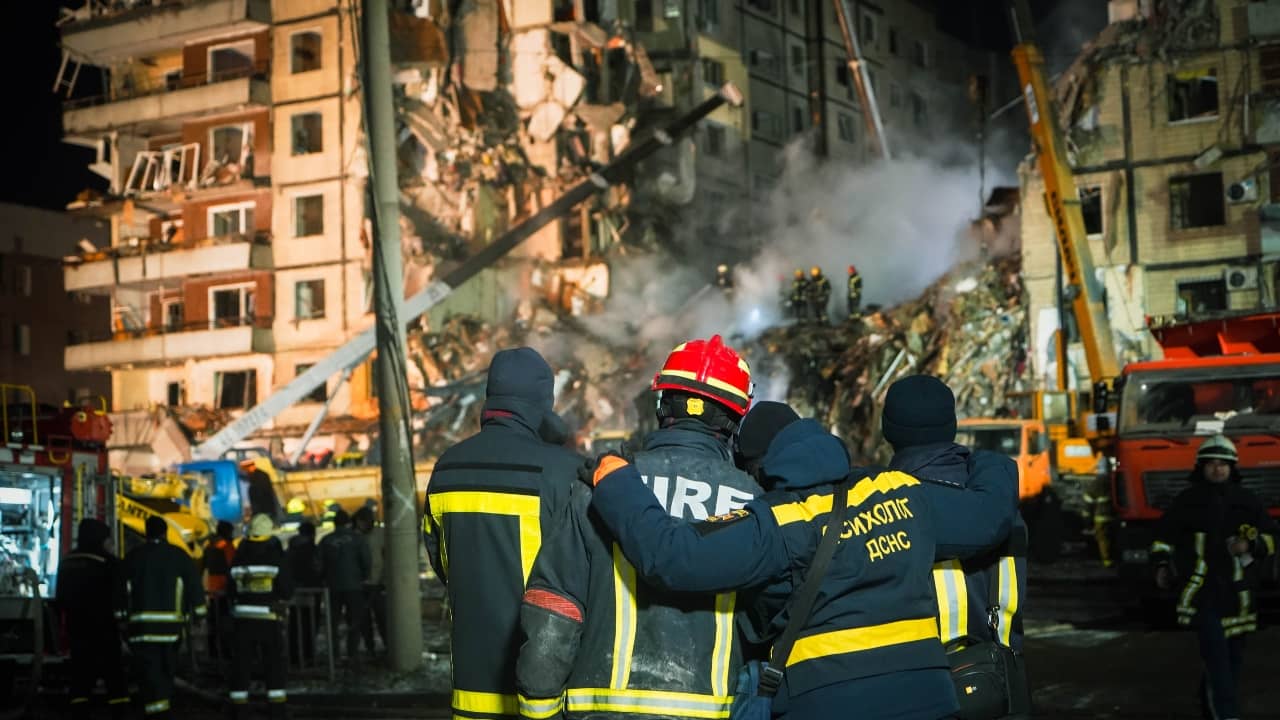Attacks against civilians can be qualified as crimes against humanity and perpetrators shall be brought to justice
Parliamentarians for Global Action (PGA) and its Members have been following with concerns the recent outbreaks of violence in the Democratic Republic of Congo (DRC), especially in the capital Kinshasa and in the Province of Ituri region.
Under the country’s Constitution, presidential and legislative elections should have been held before 19 December 2016. An electoral year, 2016 saw a notable increase of human rights violations committed in the DRC, as several independent sources reported. It became progressively clear that the Congolese government would not hold the elections according to the constitutional deadline and, in September 2016, demonstrations broke out and were violently repressed by security forces. Since then, most local authorities have forbidden all public peaceful demonstrations. After international outcry, the Episcopal Conference of the Congo (Conférence épiscopale nationale du Congo, CENCO) organised discussions between the majority, the opposition and civil society in order to establish a timeline for democratic elections to be held. On 31 December 2016, an agreement was reached. This Saint-Sylvester Agreement postulated that elections should be held before the end of the year 2017. However, repression of dissent continued and elections did not take place. According to the United Nations (UN), at least 47 people would have been killed in the crackdown on the opposition. According to official records, 15 individuals were killed and many others wounded in the most recent acts of violence, mainly directed at peaceful demonstrations led by the Secular Committee of Coordination (Comité laic de coordination, CLC) – a group affiliated with the Catholic Church and calling for the respect of the Saint-Sylvester Agreement.
In addition to this political crisis, the DRC also faces a very serious humanitarian crisis in several of its provinces, especially the one stemming from a new internal armed conflict in the vast regions of Kasai.
In Ituri – a province that has been afflicted by terrible violence for years, including acts that have been legally characterized as international crimes – planned violence targeting civilian communities has pushed more than 65,000 people to flee to neighbouring Uganda and internally displaced more than 350,000 individuals. Civil society organizations have denounced the security forces’ inaction and, in some instances, their denial that these crimes occurred. PGA underlines that it is the responsibility of the authorities to protect civilians from such atrocities and that, in the instance where the Congolese government would prove unwilling or unable, the responsibility would then fall on the international community to intervene, inter alia through the peace-keeping UN Organisation Stabilisation Mission in the DRC (MONUSCO), present in the country since 2010.
PGA also calls upon Congolese authorities to properly and effectively investigate all allegations of serious human rights violation and crimes and to prosecute alleged perpetrators to the full extent of the law. Congolese judicial authorities can rely on a Rome Statute implementing legislation – adopted thanks to relentless efforts of PGA Members – and thus characterize acts of crimes of international law, should they rise to that threshold.
PGA strongly reiterates that, since the DRC is a State Party to the Rome Statute of the International Criminal Court (ICC), any act of violence committed in the DRC that would amount to a crime of international law – i.e. crimes against humanity, war crimes or genocide – would fall under the jurisdiction of the ICC. In the absence of effective domestic investigations and/or prosecutions, the Court would be able to investigate crimes and prosecute alleged perpetrators, without regard to their rank or official capacity. In September 2016, the Prosecutor of the Court had already expressed her preoccupation after demonstrators had been killed – concerns that PGA fully shared.
In addition to putting an end to the violence, protecting civilians and providing justice to victims, the Congolese government should respect the new deadline of 23 December 2018 and organize peaceful, democratic, fair and transparent elections. Although the situation in the DRC is incredibly complex, PGA is convinced that an increased trust in the democratic institutions of the country would much improve the chances of such atrocities not being repeated.
All Members of PGA stand in solidarity with their Congolese colleagues and the people of the DRC. Congolese parliamentarians form the largest national group within PGA’s network of parliamentarians. They have repeatedly demonstrated their commitment to human rights and the Rule of Law.
There cannot be any excuse for resorting to such acts of violence. The right to freedom of opinion, of expression and of assembly is at the core of our role as representatives of the people, as parliamentarians. On behalf of PGA-s global membership of 1350 Lawmakers in all regions of the world, I can only offer my support to the Congolese people and vow that we will use our mandate in any way we can to demand that their rights be respected. There is no word to fully describe the horrors suffered by the people of the Democratic Republic of the Congo throughout the years and their extraordinary resilience. The Congolese must be protected from atrocities, they are entitled to justice and to the full enjoyment of their human rights, including the right to take part into genuine elections under Article 25 of the International Covenant of Civil and Political Rights.Ms. Margareta Cederfelt
Member of the Swedish Parliament
President of PGA
Note for editors: Ms. Cederfelt is also the Vice-President of the OSCE Parliamentary Assembly, and has recently chaired the OSCE electoral observation missions conducted in Italy and Turkey.




